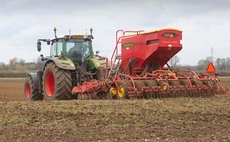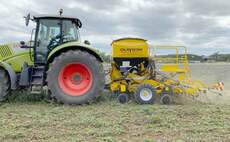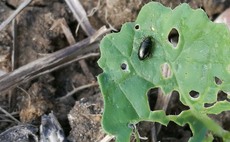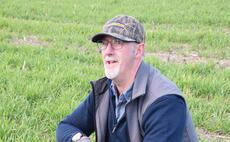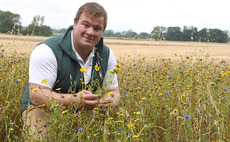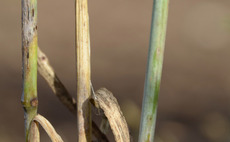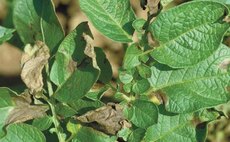Agronomy
Arable
Early drilled oilseed rape (OSR) crops benefited from good weather conditions in August giving them an early boost ahead of cabbage stem flea beetle (CSFB) migration, although some crops have started to receive a hammering
Arable
The autumn and winter of 2019 is not one many will forget in a hurry, with farms throughout the UK struggling to get crops in the ground and conditions compromising establishment.
Arable
With the wheat area for the 2019/20 season falling by an estimated 17 per cent as a result of difficult planting conditions, considerable amounts of overyeared seed remain on farm.
Arable
Oilseed rape area is set for further decline after catastrophic yields have left many growers pulling the plug on the crop.
Arable
A new emergency authorisation of a desiccant for linseed seed crops has been secured.
Arable
The last season has really highlighted where soil health can be improved, particularly when coping with both too much and too little water. Soil expert Dick Neale offered his top tips on soil management ahead of the drill.
Arable
Symptoms of what is believed to be stem rust disease were found in untreated plots of winter wheat at four sites at Oak Park Crop Research Centre in Carlow, Ireland last week.
Arable
The Chemicals Regulation Division (CRD) has approved the use of Funguran Progress (copper hydroxide) to control late blight in organic potato crops under an emergency use application.

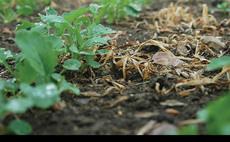
 04 September 2020
•
4 min read
04 September 2020
•
4 min read
